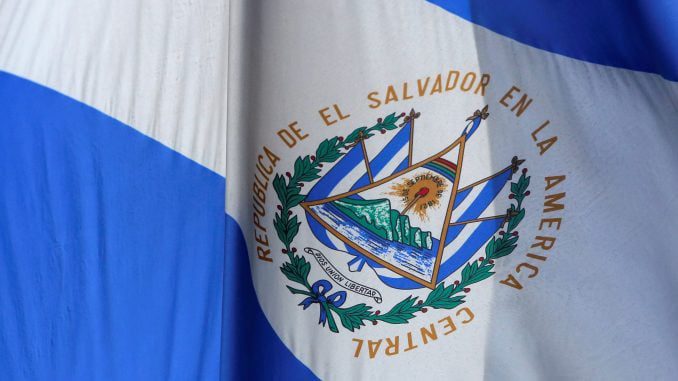
WASHINGTON, D.C. — Around 200,000 Salvadorans allowed to live in the United States since 2001 after earthquakes in El Salvador must leave the country in 2019, U.S. officials said this week, marking the Trump administration’s latest move to tighten immigration law enforcement.
Termination of the Salvadorans’ temporary protected status (TPS) will take effect Sept. 9, 2019, to give them time to leave or seek lawful residency, and for El Salvador to prepare for their return, officials said.
The decision to end TPS for Salvadorans is part of the administration’s broader push to deport immigrants who are in the United States illegally. The decision was heavily criticized by immigrant advocates who said it ignored violence in El Salvador, which has one of the world’s highest murder rates.
The Trump administration has faced a series of deadlines over the past year to decide whether to end the protected status of immigrants in the United States whose home countries have been affected by disasters. Administration officials have said TPS is supposed to provide a temporary haven for victims, not a permanent status.
Haitians and Nicaraguans will lose their protected status in 2019 and Hondurans could lose theirs later this year. South Sudanese immigrants’ protected status was extended until May 2019.
Salvadorans are the largest group by far with temporary protected status. An estimated 200,000 Salvadoran immigrants have the protection, according to a November report by the Congressional Research Service. That is more than three times the number of people in the next largest group with the status, Hondurans. Salvadorans were granted the protections after a pair of earthquakes in 2001 that killed more than 1,150 people between them and left hundreds of thousands homeless.
Critics have complained the TPS program allows participants to repeatedly extend their stays in six-month to 18-month increments in case of a natural disaster, civil strife or other emergencies in their homelands.



